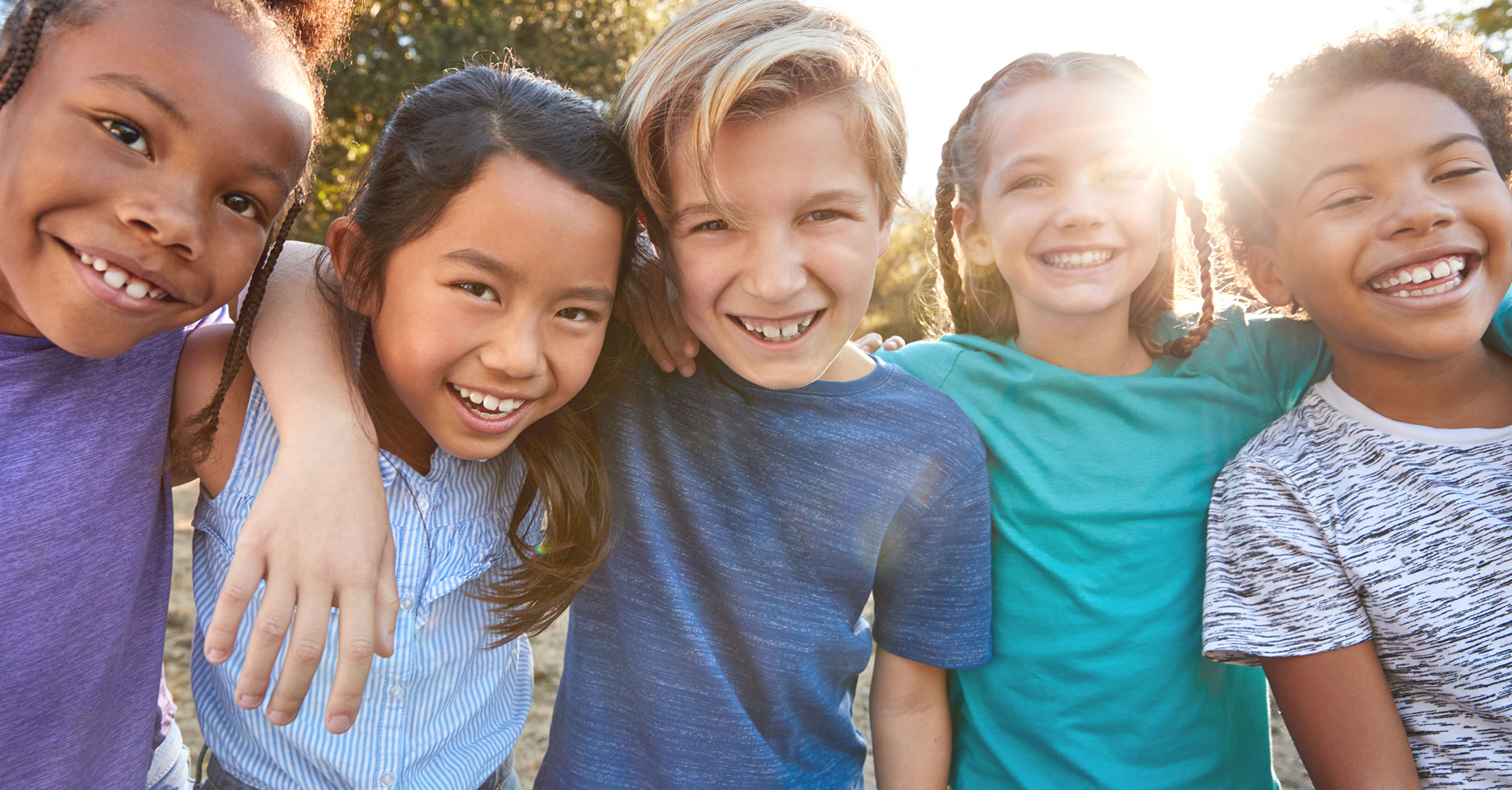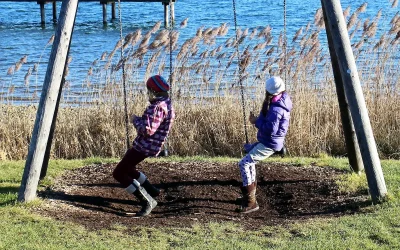This article contains 15 key points about gifted/high-level development—to help parents support and encourage children’s optimal learning and well-being.
Giftedness: Important Considerations
Much has been written about giftedness—and how to nurture it. Many parents seek current and reliable information about high-level development, and want to know how to fortify children’s learning experiences.
“The pathways to exceptional achievement are complex, diverse, and socially constructed. They vary across individuals, developmental periods, contexts, and cultures.” (The quotes in this article have been adapted from material within “Being Smart about Gifted Education: A Guidebook for Educators and Parents.”)
Here are some fundamental points:
- No two learners are alike. There are many different ways of being gifted—and nurturing it. What works well for one child may not be beneficial for another.
- Some children have exceptionally advanced learning needs that require specifically targeted and flexibly responsive educational attention. Thus, giftedness can be conceptualized as a current need for special education.
- Gifted education involves addressing a child’s exceptional capacities, and this can be accomplished by providing a range of suitable learning experiences—including incorporating choice, opportunities to engage in creative and critical thinking, and collaborative activities.
- Giftedness can occur in one or more areas, and coexist with other psychological, physical, and learning exceptionalities.
- What happens in children’s lives beyond the classroom is what links the real world of experience, achievement, creative expression, and meaningful ideas to their academic learning—and makes that learning relevant.
Giftedness: Practical Suggestions
“Giftedness is not innate or fixed. It is not an attribute that is owned exclusively by some, and not by others. Rather it is a domain-specific intelligence that changes over time, and that can be influenced by many factors.”
Five strategies for encouraging children’s high-level development:
- Collaboration: It’s best if parents, teachers and other professionals (such as guidance counselors and pediatricians) work collaboratively with one another, and with the child. Listen. Observe. Ponder. Talk.
- Attunement: Be aware of the many internal and external influences and effects on children’s daily lives—including schooling, emotions, relationships, culture, health, and more. These can be impactful, and have a direct bearing on a child’s social, emotional, and academic functioning. Be attuned to what’s going on in the child’s world. And, appreciate the importance of family, community, and ongoing encouragement.
- Information: Become well informed about gifted-related issues. There are many credible sources of information including books, journals, networks, and organizations. (See the suggestions in the addtional resources section below.)
- Acceptance: Recognize and respect children’s subject-specific strengths and weaknesses. Help kids feel confident about themselves, and to become accepting of their uniqueness.
- Downtime: Children need plentiful time to play, relax, and unwind. Invite exploration, multi-sensory experiences, reading, and creative expression.
Giftedness: Learning Environments
“Both educators and parents should look carefully to discover how children’s individual needs are, and are not, being matched by what they are learning.”
Parents have a very important role to play in their children’s education.
Consider the following questions:
- What are your child’s specific learning needs? Have they been determined on a situational and subject-by-subject basis? Are the school’s gifted identification practices actually aligned with the educational programming that’s being offered?
- What’s available in your district? Is your child being given a wide range of motivating and …








